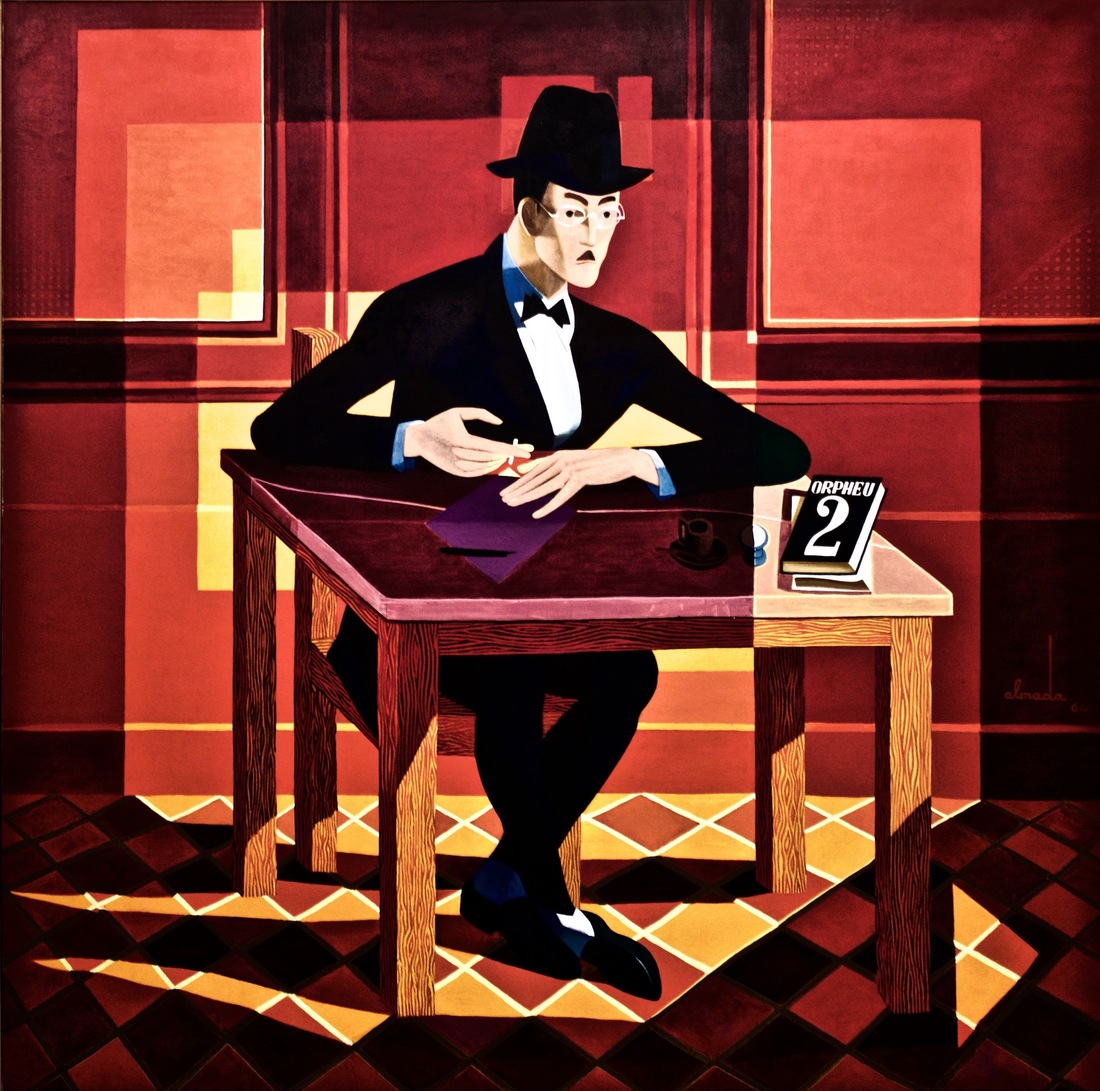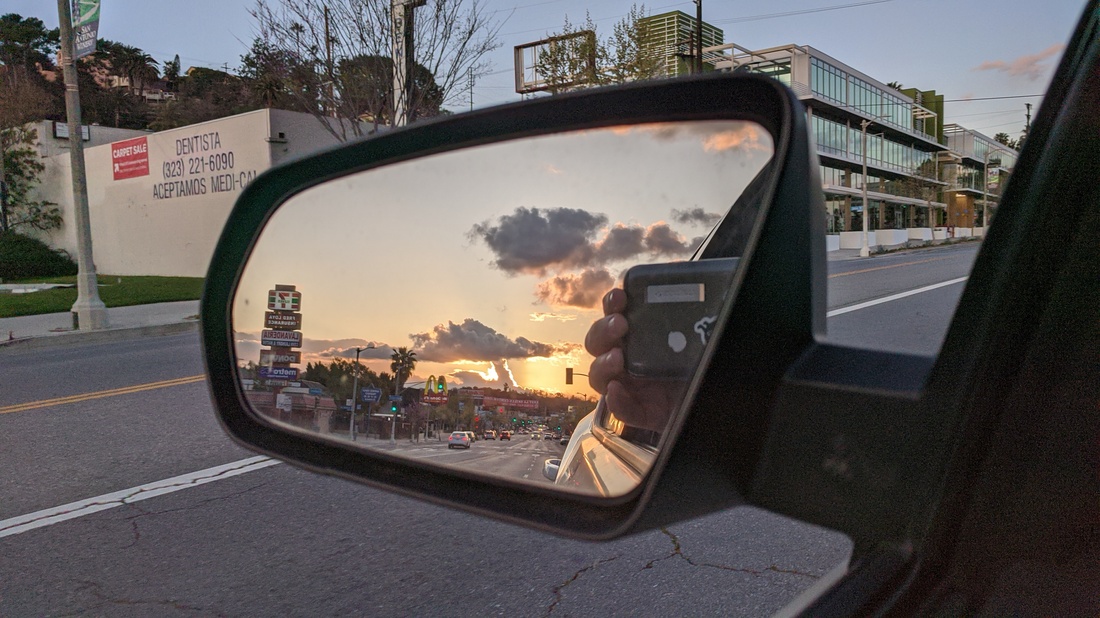Written by:
Share article:
the life of mankind as the death of societies,
the life of the universe as the death of the universe,
the life of all as the death of all”
Fernando Pessoa, Philosophical Essays 1
_-_Almada_Negreiros_cropped.jpg)
_-_Almada_Negreiros_cropped.jpg) Portrait of Fernando Pessoa by José Sobral de Almada Negreiros from 1954. Photo by: Pedro Ribeiro Simões from Lisboa, Portugal / CC BY
Portrait of Fernando Pessoa by José Sobral de Almada Negreiros from 1954. Photo by: Pedro Ribeiro Simões from Lisboa, Portugal / CC BY
May 1, 2020•8–13 minutes read
“While texting with a friend shortly after the pandemic escalated, I wrote about the ‘perverted paradox I’m going through where my normal alienation is being replaced by an isolation that makes me feel connected in a larger way for the first time.’”
Happy those who, placing their delight
In slight things, are never deprived
Of each day’s natural fortune! 5
Lightly, lightly, very lightly
A very light wind passes,
And it goes away just as lightly,
And I don’t know what I’m thinking,
Nor do I wish to know. 6
Less solace, less certainty, less cures, less normalcy, less identity, less togetherness: the paltry talking-head zoom-conference solo-concert isn’t cutting it.
LISBON REVISITED (1923 Version)
No, I don’t want anything.
I already said I don’t want anything.
Don’t come to me with conclusions!
Death is the only conclusion.
Don’t offer me aesthetics!
Don’t talk to me of morals!
Take metaphysics away from here!
Don’t try to sell me complete systems, don’t bore me with breakthroughs.
Of science (of science, my God, of science!)—
Of science, of the arts, of modern civilization!
What harm did I ever do to the gods?
If you’ve got the truth, you can keep it!
I’m a technician, but my technique is limited to the technical sphere,
Apart from which I’m crazy, and with every right to be so.
With every right to be so, do you hear?
Leave me alone, for God’s sake!
You want me to be married, futile, predictable and taxable?
You want me to be the opposite of this, the opposite of anything?
If I were someone else, I’d go along with you all.
But since I am what I am, lay off!
Go to hell without me,
Or let me go there by myself!
Why do we have to go together?
Don’t grab me by the arm!
I don’t like my arm being grabbed. I want to be alone.
I already told you that I can only be alone!
I’m sick of you wanting me to be sociable!
O blue sky—the same one I knew as a child—
Perfect and empty eternal truth!
O gentle, silent, ancestral Tagus,
Tiny truth in which the sky is mirrored!
O sorrow revisited, Lisbon of bygone days today!
You give me nothing, you take nothing from me, you’re nothing I feel is me.
Leave me in peace! I won’t stay long, for I never stay long…
And as long as Silence and the Abyss hold off, I want to be alone! 7

